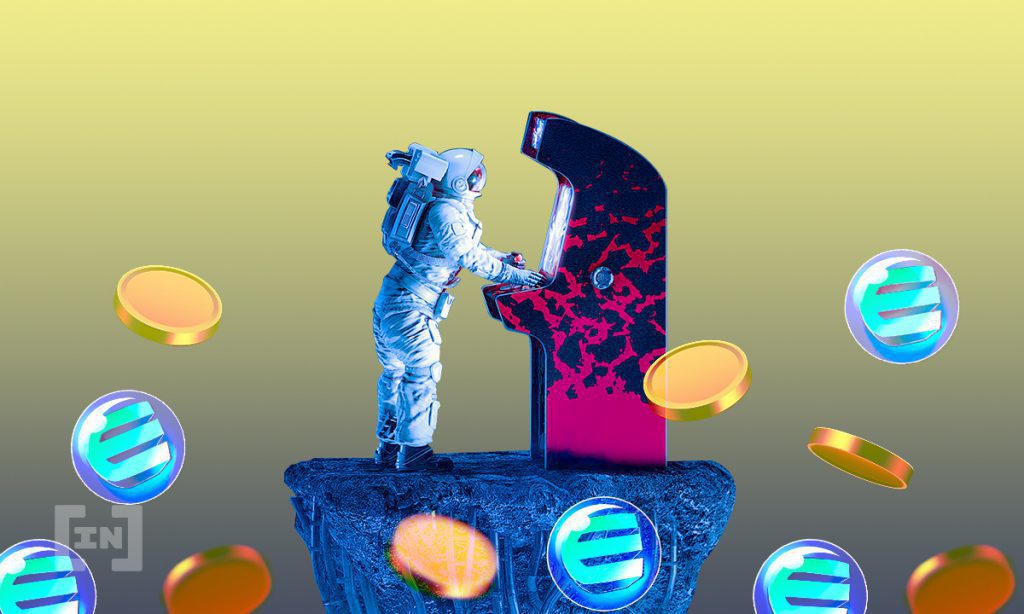A group of over 70 projects is working to establish the decentralized infrastructure for the metaverse, as tech giants including Meta and Microsoft move to capture and centralize the nascent sector.
The group led by Enjin is seeking to create the ‘infrastructure for the decentralized, cross-chain metaverse’ on Efinity. Efinity is among the first batch of bids in Polkadot’s parachain auction and promises to create a ‘cross-chain NFT superhighway’ to service the development of Web3.0.
“With NFTs spreading rapidly beyond art and gaming, we have an opportunity to bring together creators from every corner of the globe in an open, decentralized, and collaborative metaverse,” Enjin CTO Witek Radomski told BeInCrypto. “Our goal is to bring NFTs to everyone, and working closely with our ecosystem partners brings us one step closer to this reality.
Explaining the benefits for the projects which work with Enjin and Efinity, Radomski went on to add, “The companies don’t need an in-house blockchain team in order to gamify their project with NFTs, and they won’t need to pay high gas fees on Ethereum either.”
Among the assembled participants is Hololoot and VRJam who will support the visual elements of the decentralized metaverse, offering augmented reality (AR) and virtual reality (VR) functionality. Other collaborators include Lost Relics, Age of Rust, Forest Knight, Dvision Network, Uniqly, Pluto Alliance, and SwissBorg.
Enjin has also created a $100 million fund to help further develop decentralized metaverse projects.
The metaverse has been a major point of interest since Facebook announced it would rebrand to Meta. The tech goliath is seeking to place itself firmly at the heart of the emerging sector.
As BeInCrypto previously reported, Matthew Ball, the CEO of Venture Capital firm Epyllion, believes the metaverse economy could value between up to 30 trillion within the next decade. Nvidia CEO Jensen Huang places his estimate even higher, predicting that the metaverse economy could one day rise upwards of $80 trillion, making it even more valuable than the economy of the physical world.
While the battle between decentralized projects and the centralized giants might seem to be a David versus Goliath battle, history has often favored the smaller and more dynamic competitor, even in recent history. As Matthew Ball points out, the emergence of the internet offered more than a few surprises of its own.
“The consensus was that AT&T and AOL would lead in the internet era, that Microsoft’s advantages would endure, and in fact, none of that happened,” he said.
Right now
While the future of the metaverse may be difficult to predict, blockchain metaverse projects continue to perform well in the here and now. Over the past 30-day period, Decentraland (MANA) is up by 58.5%, Decentral Games (DG) is up by 23.6%, with The Sandbox (SAND) outperforming them both by rising by 315.5%.
What do you think about this subject? Write to us and tell us!
Disclaimer
All the information contained on our website is published in good faith and for general information purposes only. Any action the reader takes upon the information found on our website is strictly at their own risk.


